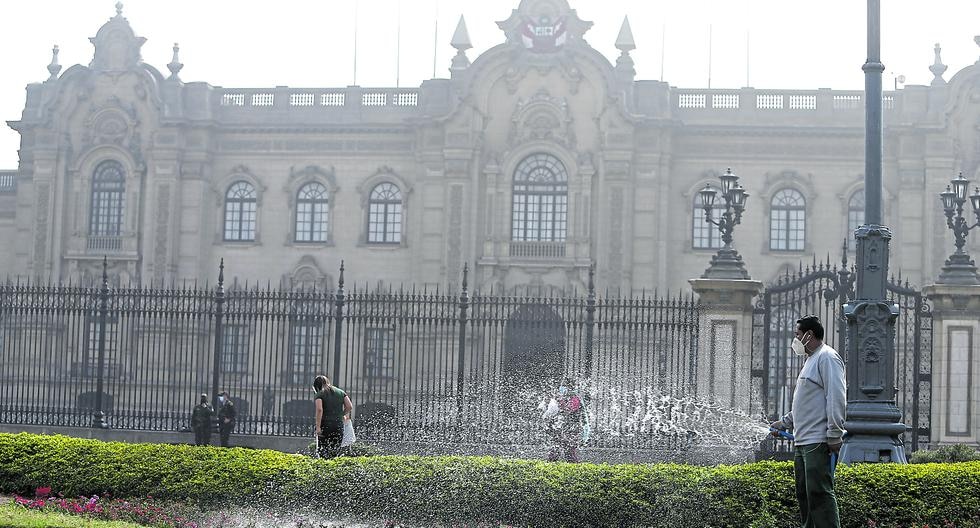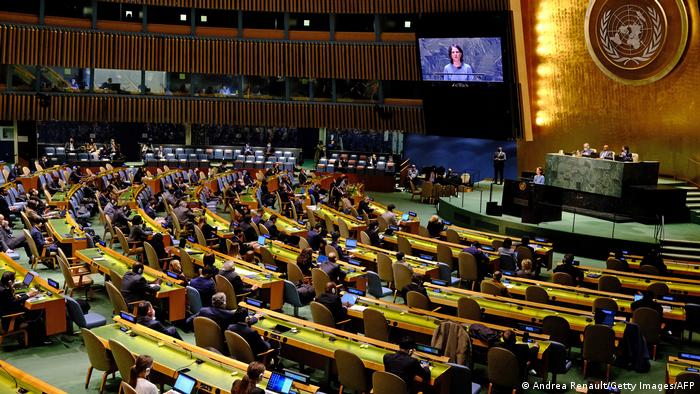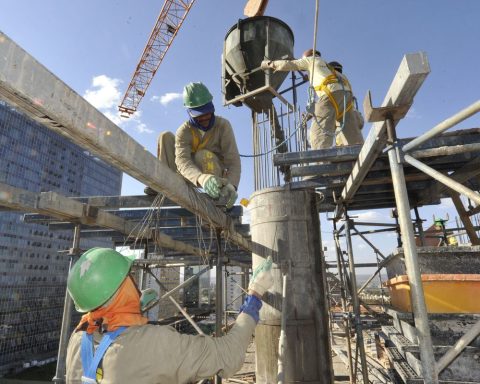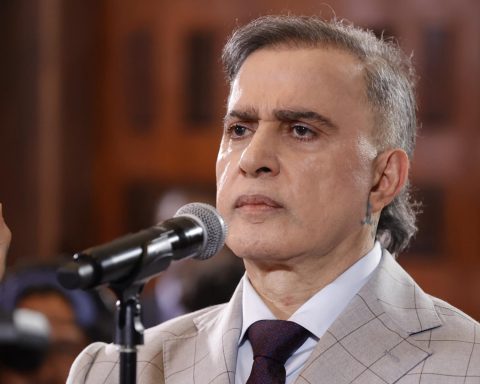The Popular Action bench presented a constitutional reform project that proposes to incorporate the requirement of not having been censored within the constitutional period to be appointed Minister of State.
It’s about the legislative initiative 3083/2022-CRwhich proposes to modify article 124 of the Political Constitution in order to “prevent officials purged for being incapable, immoral or involved in criminal acts, from remaining in the State”.
In the statement of reasons it is specified that to assume the position of Minister of State it is required to be suitable, that is to say “have technical knowledge of the sector and have irreproachable morals”.
“When the Minister of State does not meet the expectations, plans, projects, is incompetent or is immersed in criminal acts or conduct at odds with morality and the Congress of the Republic censures him for infractions that contravene legal and/or ethical norms that undermine the entrusted position, this cannot return to the executive occupying other ministerial portfolios”details.
In this sense, it affirms that if this happens, “denigrates” the training of professionals who make a career in public management, undermining the aspirations of future professionals who make an effort and are trained to “have the necessary and meritorious qualities to assume positions of trust that benefit the citizenry”.
“If a Minister of State is censured by the Congress of the Republic within a constitutional period for situations that warrant him to occupy the position, it is evident that this is transcendent in time because the cause that removed him from the position is a transcendental that also disqualifies him to hold a similar position”underlines.
Finally, the project reiterates that for the powers of the State to live in “constant unnecessary conflicts”it is important to regulate the requirements to be ministers and within these to record not having been previously censored.
“The legislative proposal is also aimed at avoiding greater conflicts between the powers of the State (Executive Power and Legislative Power), because when a minister is censored, the Executive Power feels beaten and tries to respond to it, challenging such a decision with the replacement in other ministries to the separated civil servant”sentence.
It should be noted that in the current government of President Pedro Castillo, only one similar situation has occurred: Betssy Chavez she was censored by Congress as Minister of Labor and Employment Promotion. Months later she was appointed head of Culture.


















